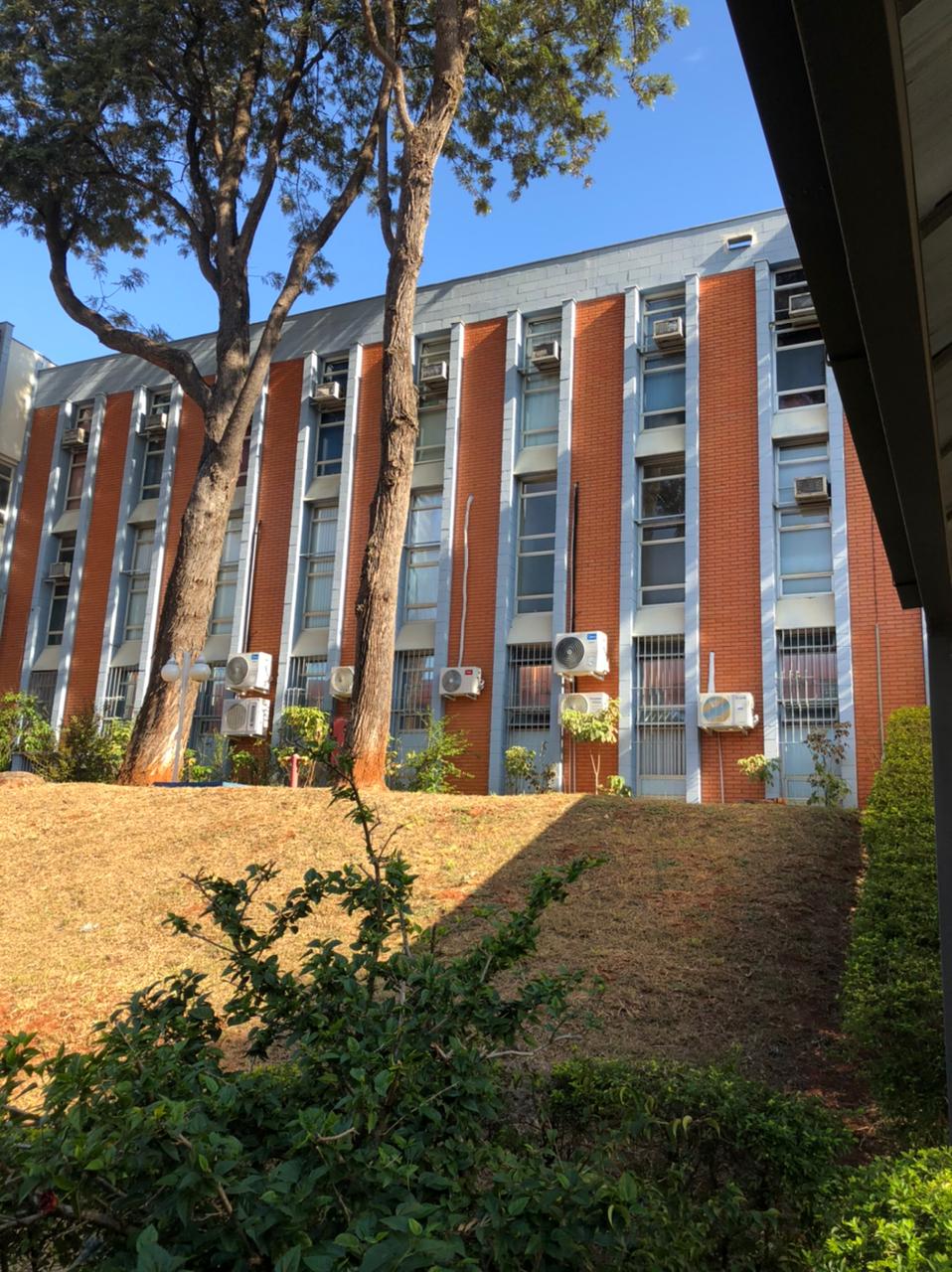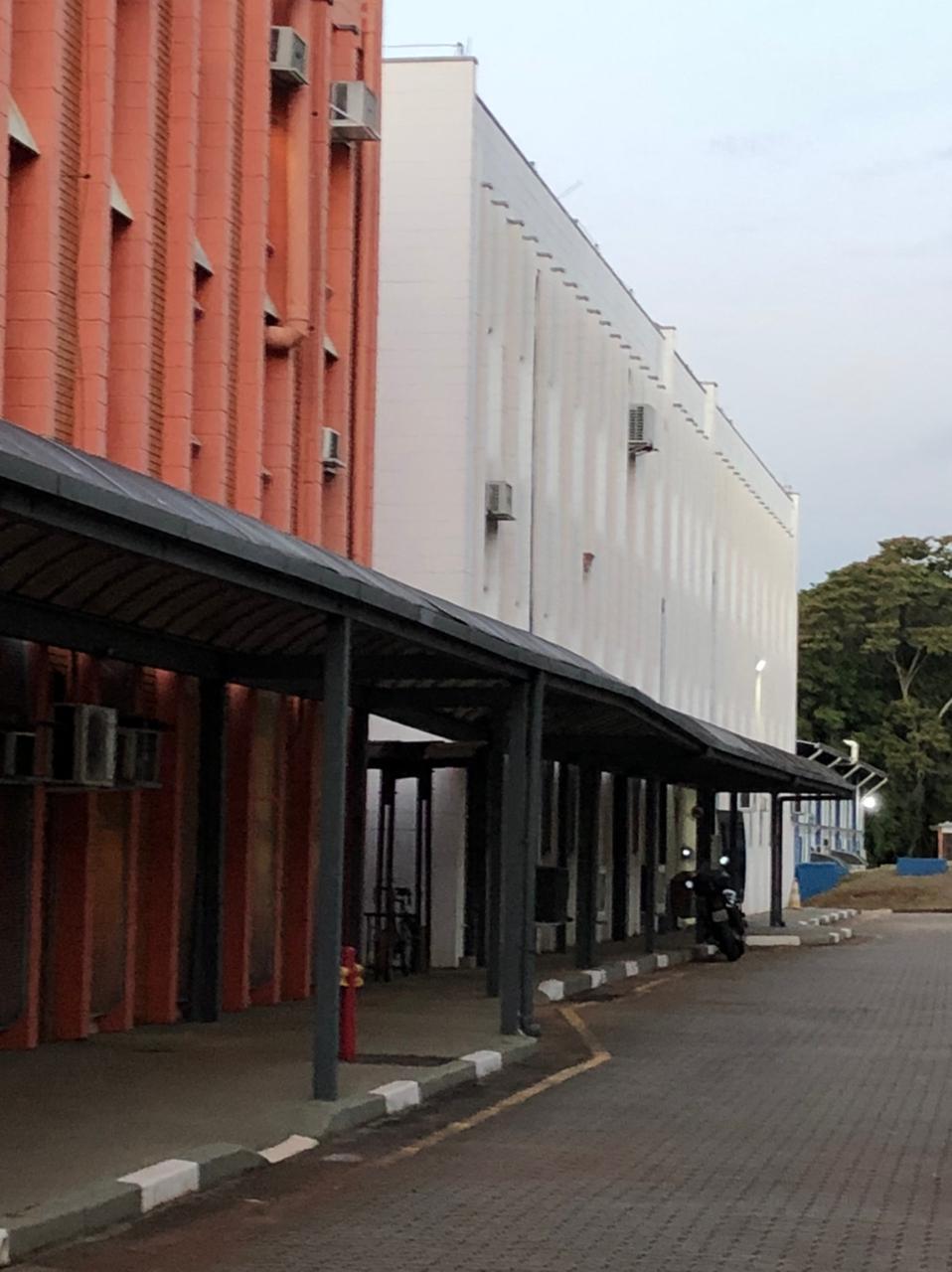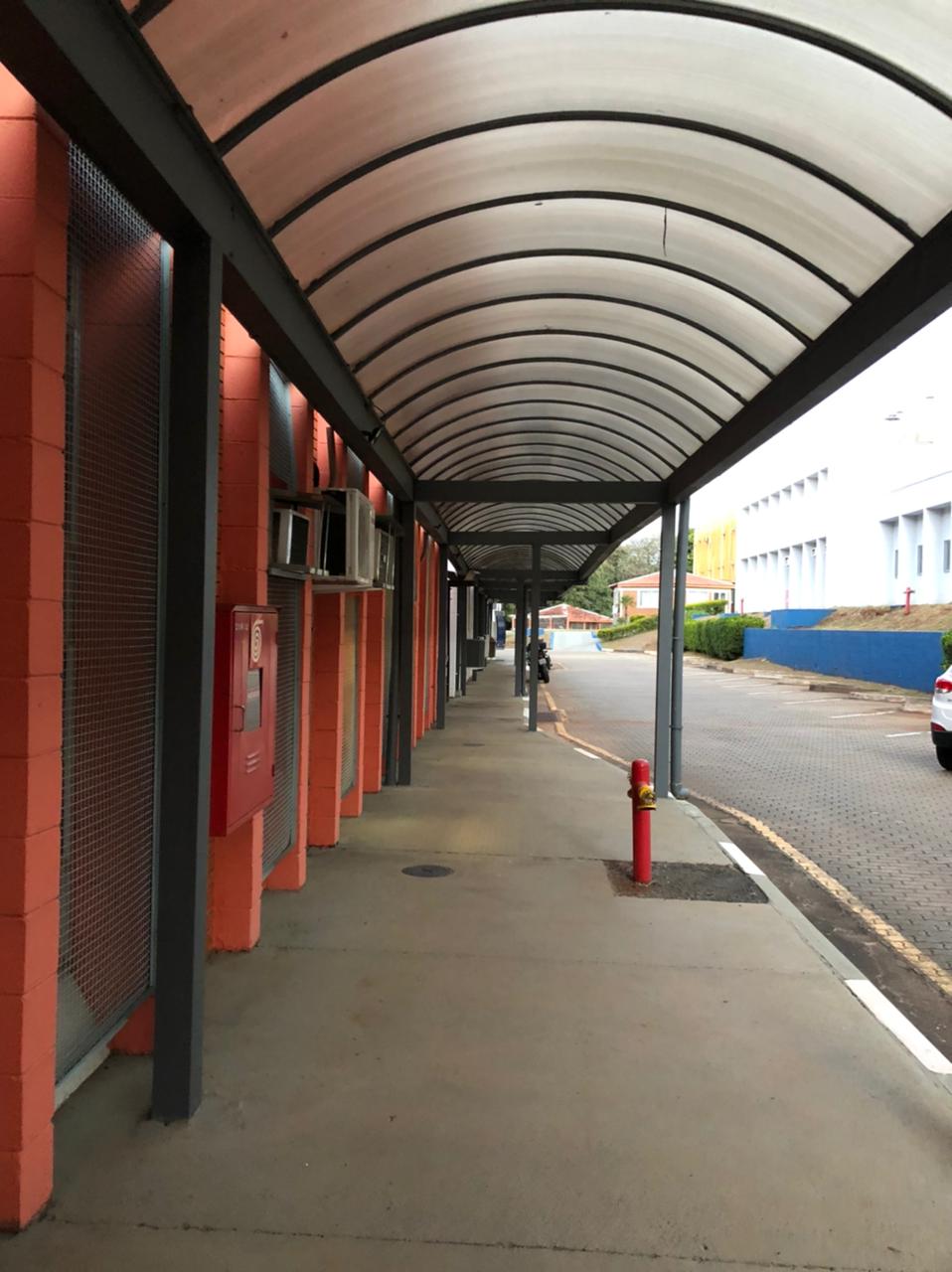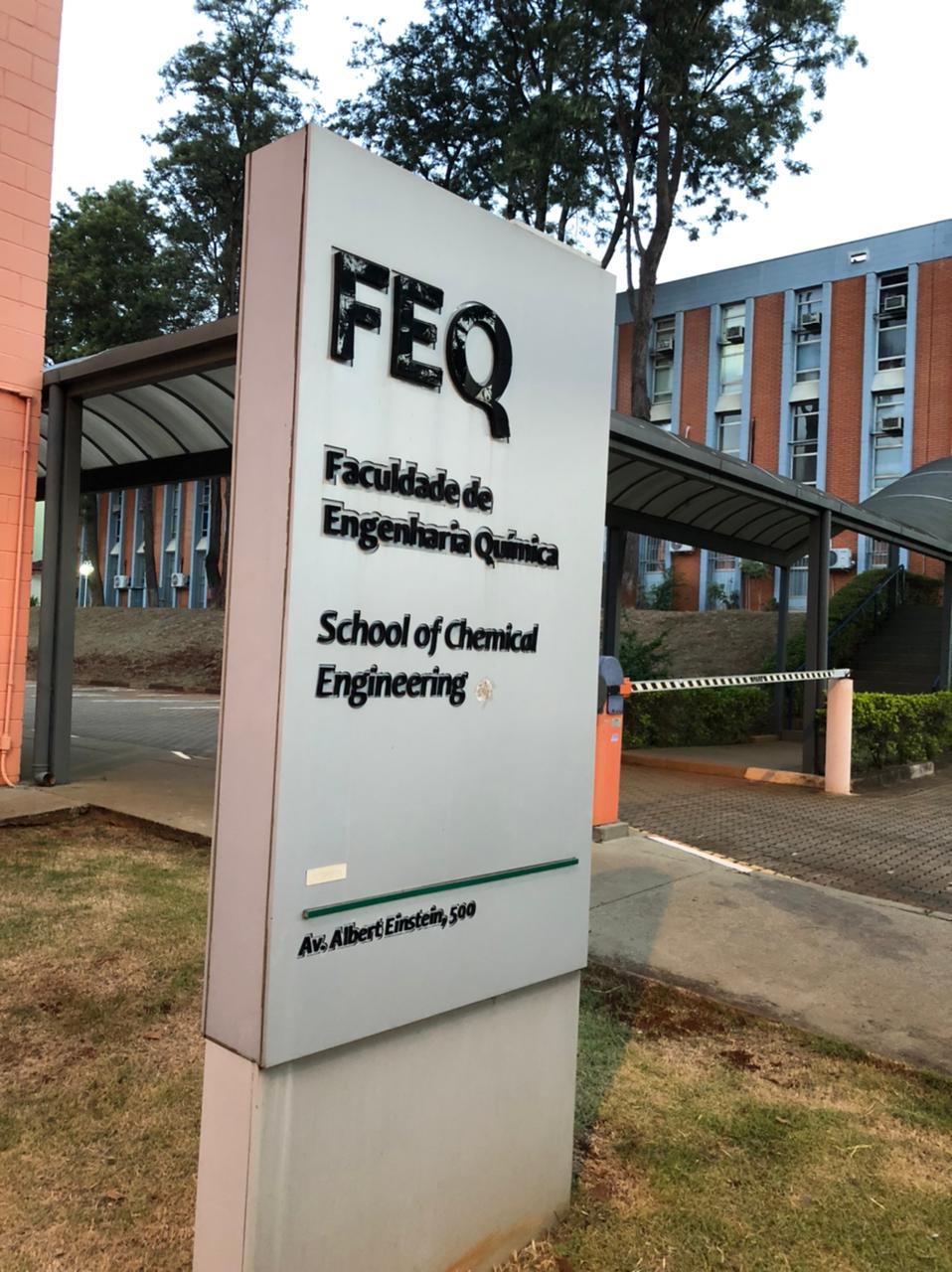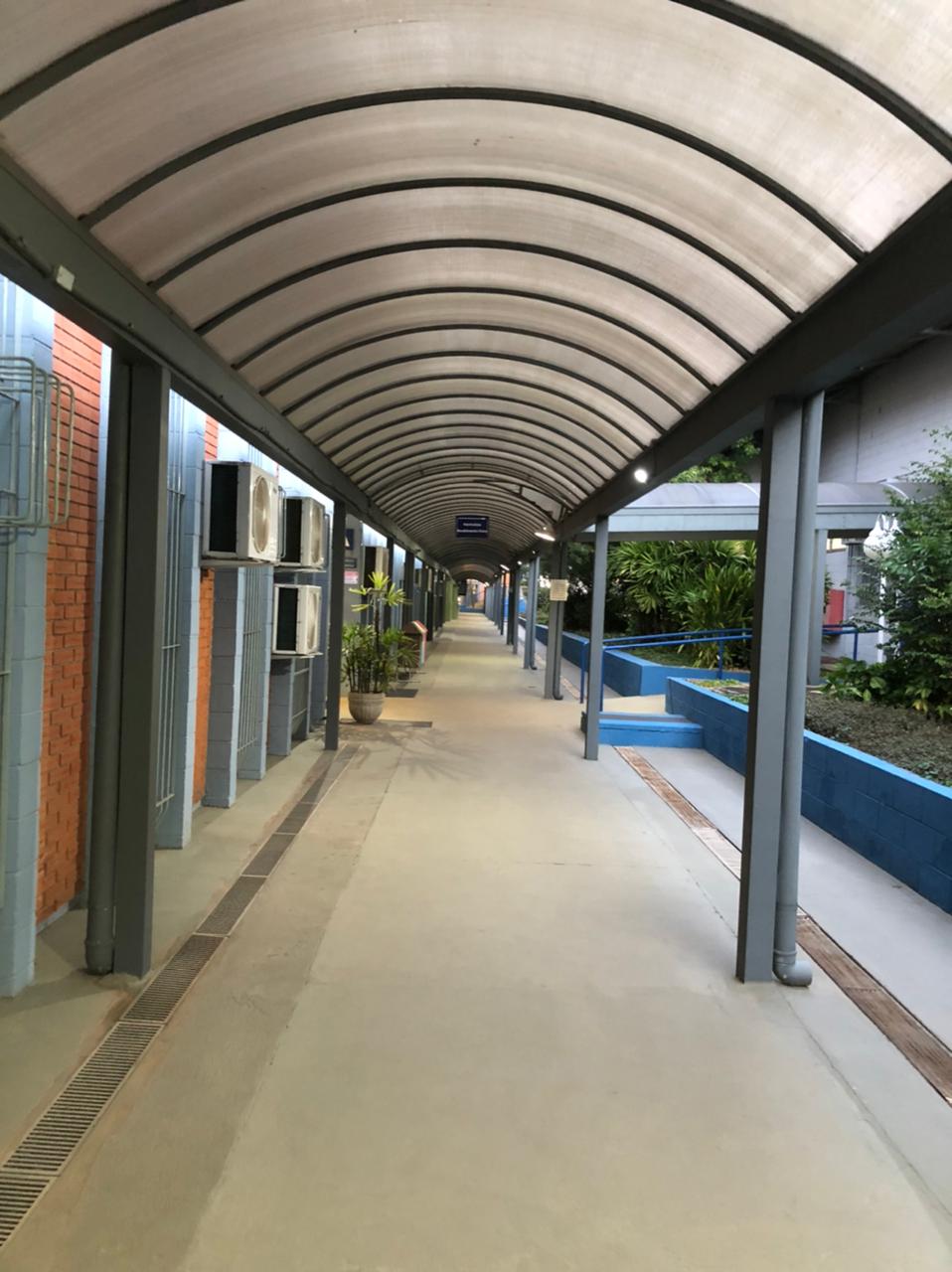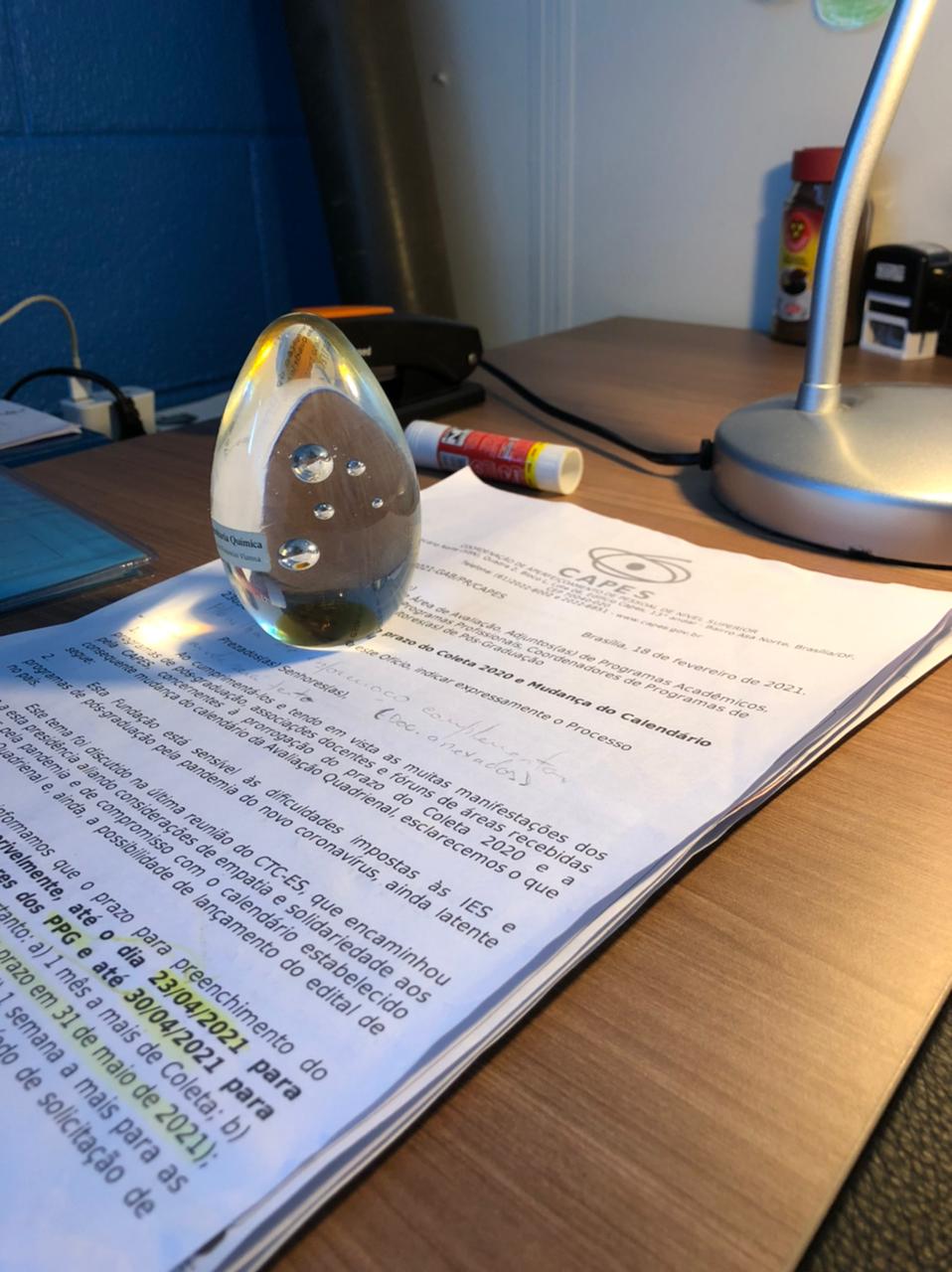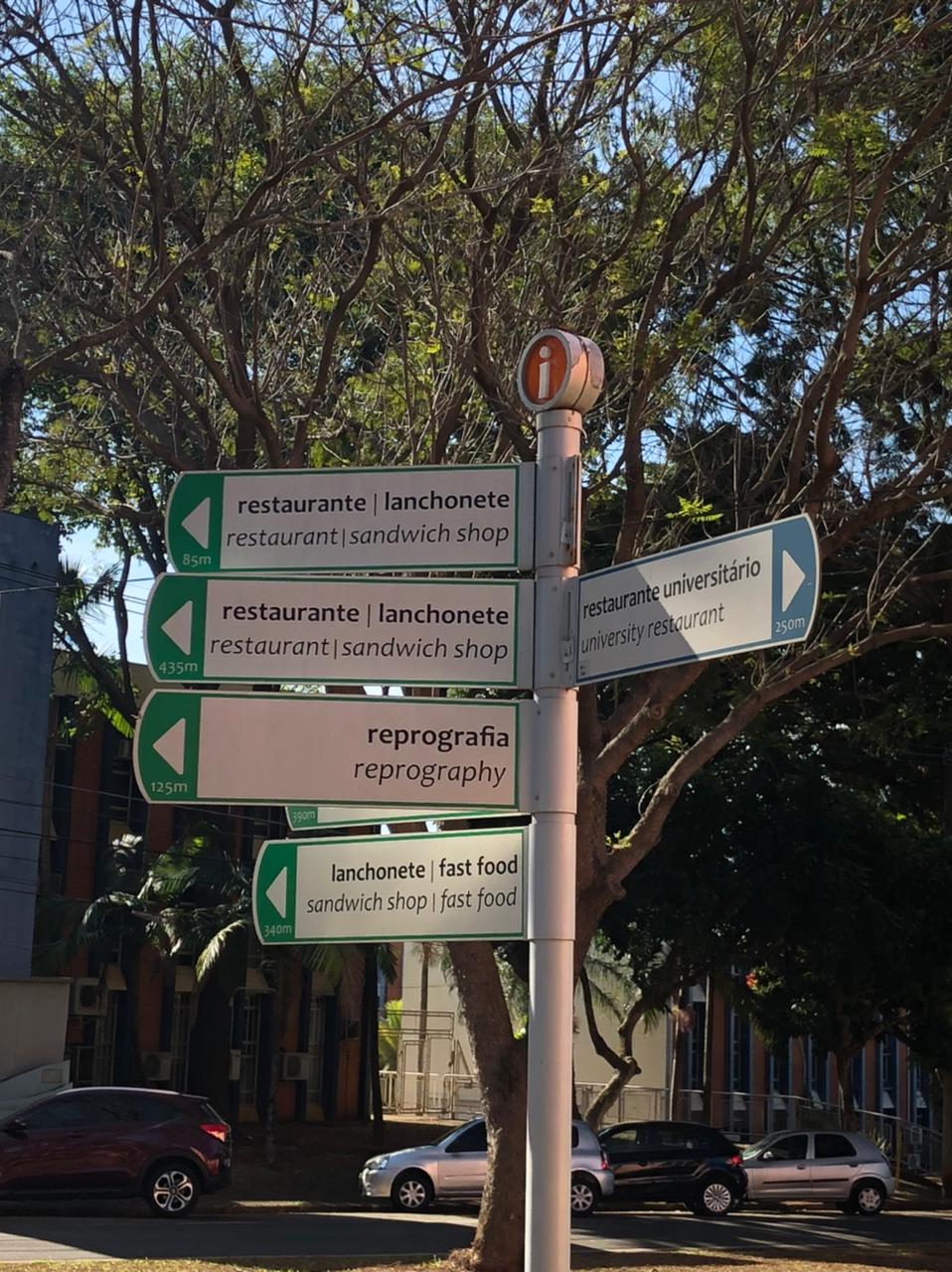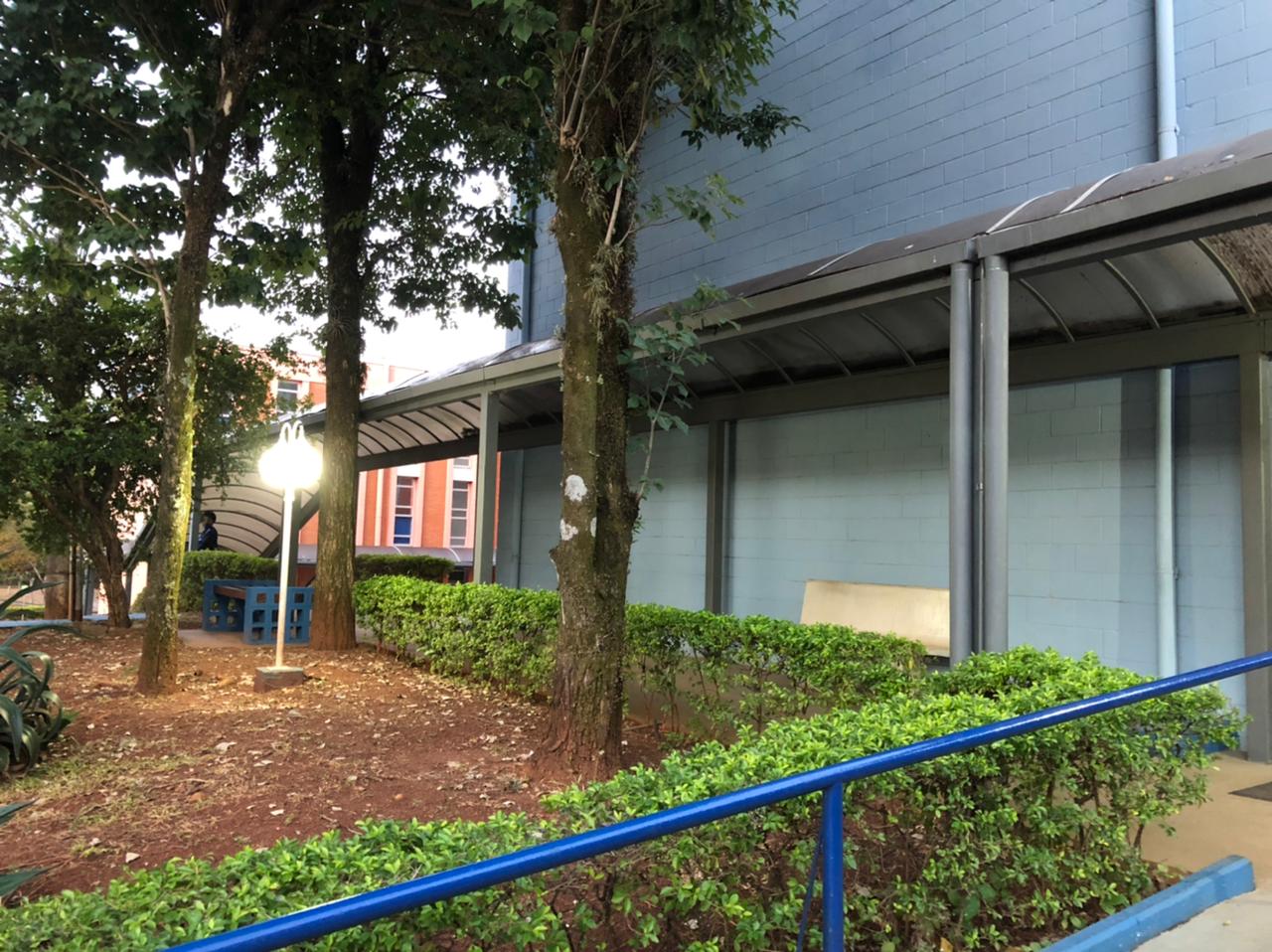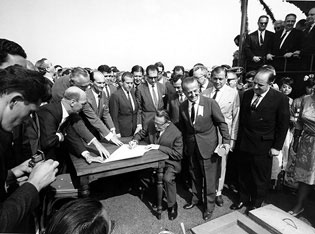
Unicamp
Unicamp is an autarchy, autonomous in educational policy, but subordinate to the State Government concerning subsidies for its operation. Unicamp accounts for about 10% of academic research in Brazil and maintains the leadership among Brazilian universities in terms of patents and the number of articles per capita published annually in journals indexed in the ISI/WoS database.
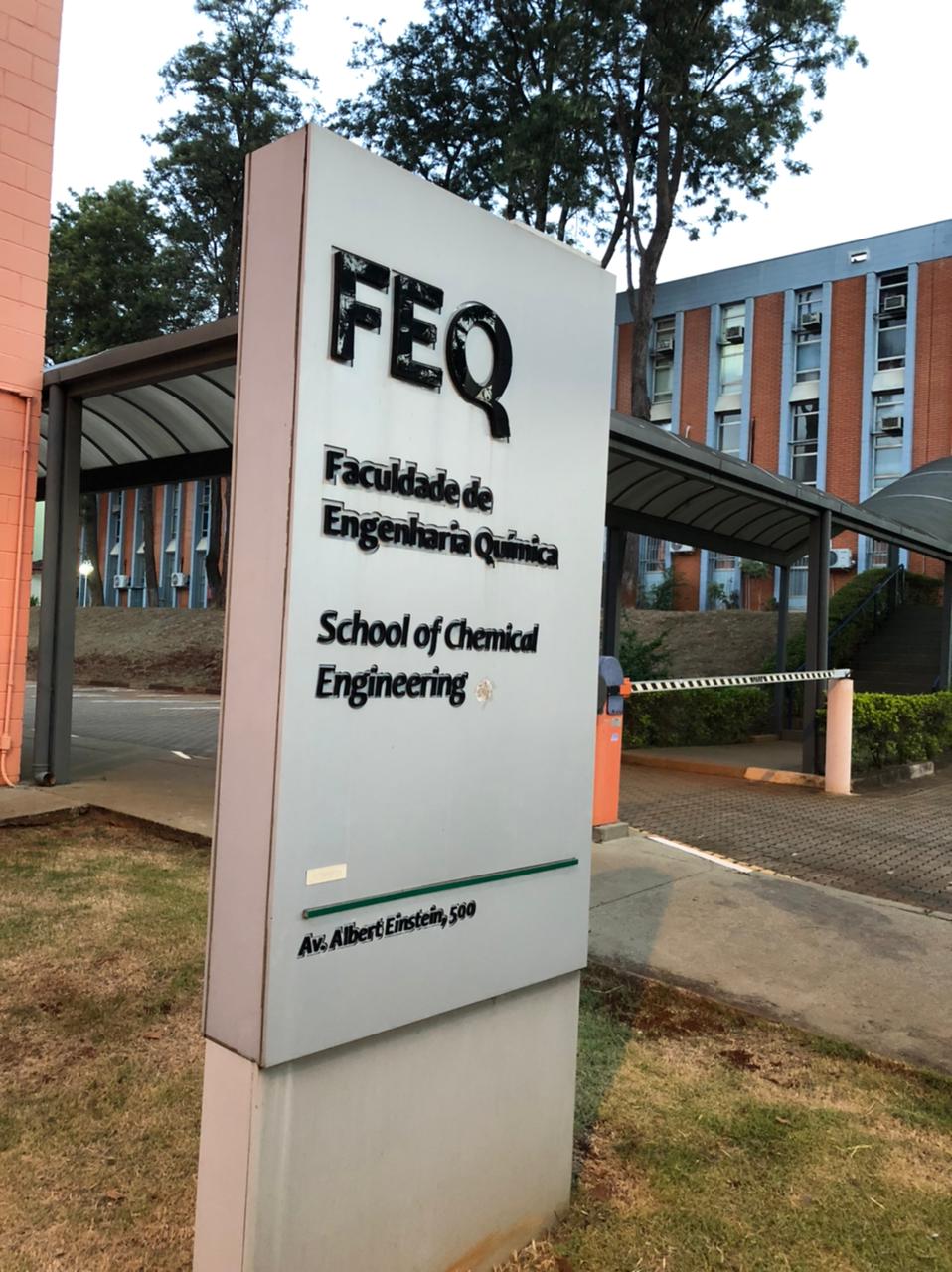
Chemical Engineering
Unicamp’s Chemical Engineering course began in 1975, initially functioning as a department and promoted to Faculty in 1990. Research activities started in 1976. In 1980 the post-graduation program was born with a master’s degree, and in 1989 the doctorate program started.
Approximately 60 undergraduate and graduate students enter the School of Chemical Engineering each year, 70 special students and 250 students from extension courses are also served.
The School of Chemical Engineering graduate program has so far graduated over 1500 masters and doctors, many of whom are in important positions at Unicamp and other Higher Education Institutions in Brazil and abroad, as well as in leadership positions in public and private organizations.
The School of Chemical Engineering is one of the most productive units in the university and it has received successive awards due to the number of patent applications. Unicamp has national prominence in this regard and the School of Chemical Engineering stands out within Unicamp. The School of Chemical Engineering comprises 44 faculty members and all of them hold a doctorate.
Infrastructure
The School of Chemical Engineering has an excellent infrastructure comparable to many renowned international institutions. It has a park of first-rate equipment installed in 55 laboratories, among which a common-use laboratory for analysis and characterization with state-of-the-art equipment stands out, which is in the process of certification.


